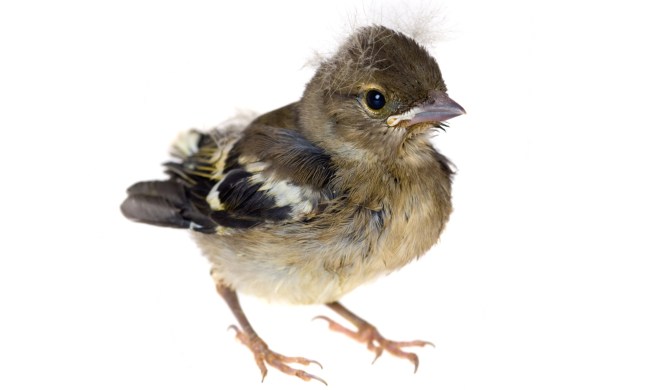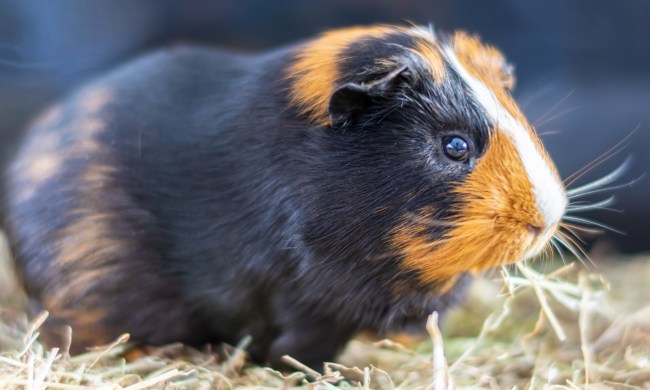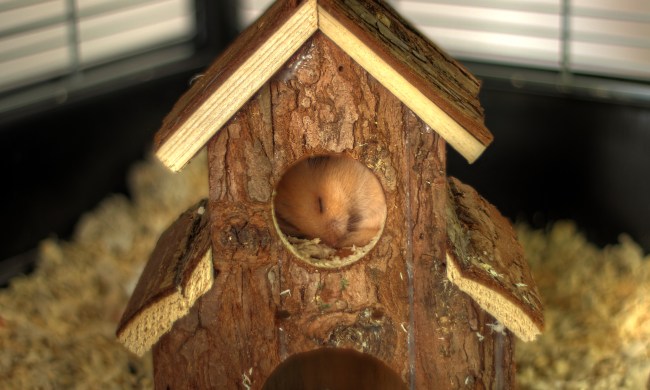Bird mites can plague even the most careful owners. Unfortunately, they cause itchiness and heartache for both you and your pet. While you can do a few things to cut down on the likelihood of your avian getting this pest, sometimes it's unavoidable and you'll need to tackle them efficiently yet delicately. We're not gonna lie: It is tricky. But don't worry, here's how to get rid of bird mites on pet birds naturally.
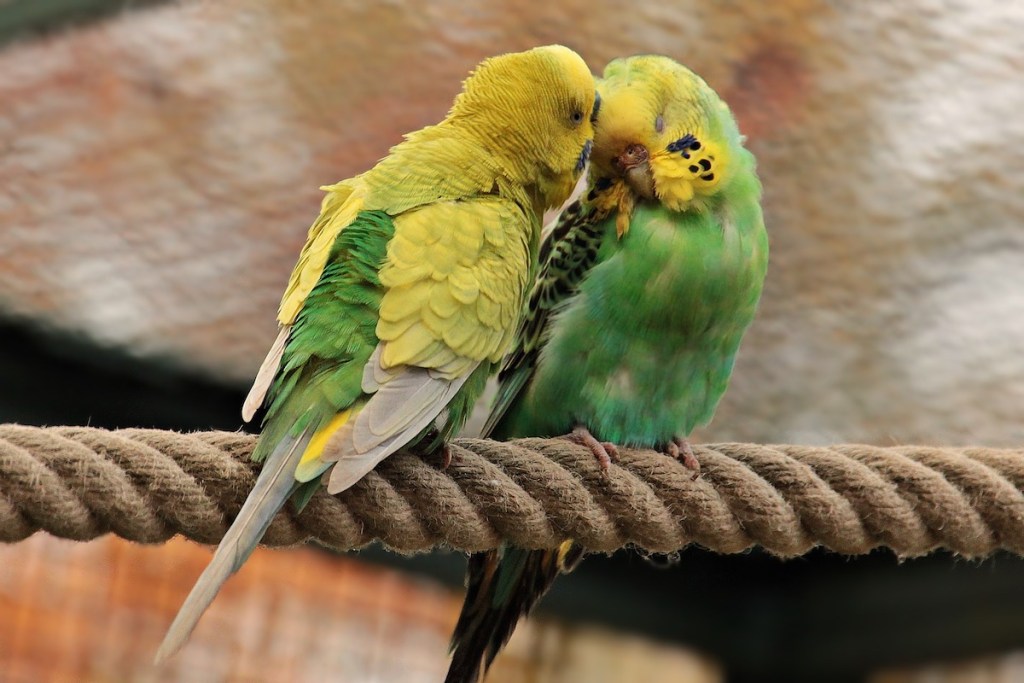
Try to prevent bird mites from setting in
Luckily, mites don't spontaneously generate on your bird — they have to be brought in from outside. Sadly, this bug can live three weeks without their food — bird blood — and so can survive in the home for longer than you would expect. Mites have a few typical ways of getting inside your house: through you, a pet, or a wild bird.
First, you and your animals can bring in mites if you come into contact with a source that houses them. For example, if you set up a playdate with a bird friend or spend a weekend on a farm gathering chicken eggs. While mites don't want to eat you, they will travel with you. Alternatively, sometimes wild birds contaminate the house if they nest close by, like in a chimney. Periodically check your space for nesting or deceased birdies and find a way to safely relocate or dispose of them. You'll want to reduce contact with all of these to keep the likelihood of catching mites to a minimum.
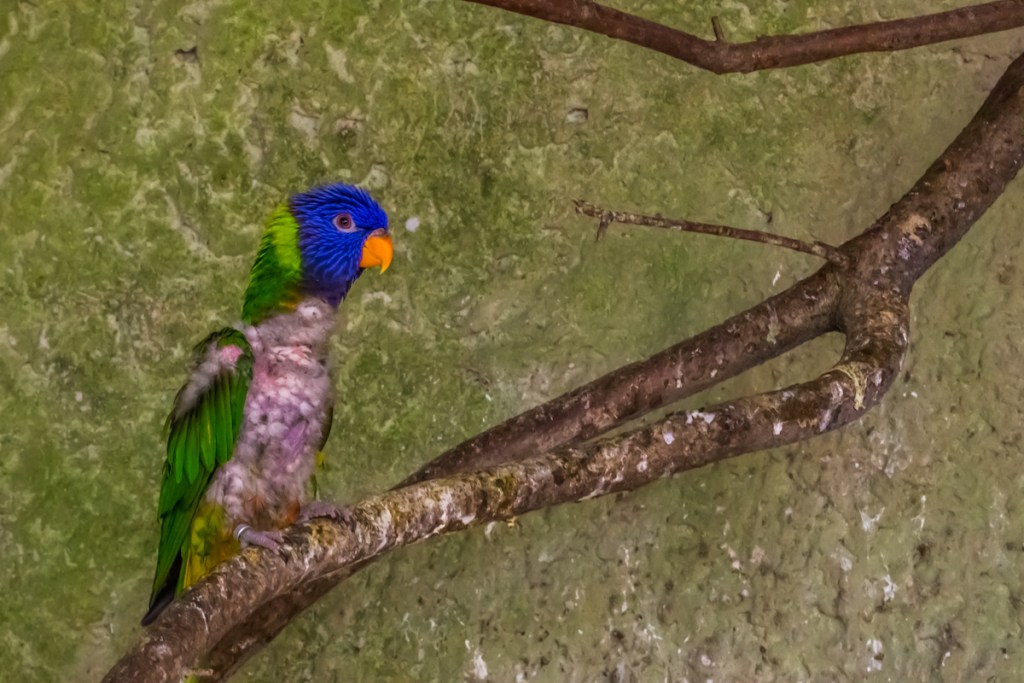
Take on bird mites quickly and effectively
If you know a mite problem has already set in, it's time to tackle this thoroughly. Keep in mind, parakeet mites come in three forms: face mites, feather mites, and air sac mites. All require slightly different treatment, which can be diagnosed by a professional. Mites can lead to much bigger problems if left unchecked, so you want to manage this as soon as you figure out that they've set in.
Step 1: Scrub everything down.
This means both your animal and his habitat. A good intensive cleaning can help get rid of the infestation because it means these bugs have nowhere to hide. Disassemble your bird’s cage for a deep clean and vacuum, wipe, and mop surrounding areas.
Step 2: Bathe your bird.
When giving your bird a bath, gently remove any bugs you see (they look like tiny ticks). Don’t use a commercial bird shampoo unless your vet approves it.
Step 3: Use bird mite spray.
After a deep clean, you should spray if at all possible. Many commercially available repellents take on the mites naturally, specifically with household supplies like vinegar or a flower extract. You want to treat both the cage and your bird, which will somewhat depend on which type of mite you ended up getting.
Step 4: Soothe your animal’s skin.
A good cleaning will go a long way toward easing the itchy feeling of bites, but you don’t have to stop there. Find a natural remedy, such as essential oil, to ease the scratch that the bugs have caused your birds. Apply these to your pet carefully, trying them on his back first and spreading to the neck and wings if your bird seems to enjoy the relief.
Step 5: Follow up with his vet.
If you haven’t dealt with mites before, you want to check in with your bird vet before trying any of these solutions. She will review options with you and find the best solution, depending on your specific bird species, age, and health. Even if you successfully eradicate them without help, you’ll need to confirm with the vet that no lasting issues remain.
Limiting contact with birds, especially chickens and other poultry, will certainly reduce the need for emergency mite eradication. Stay vigilant in cleaning your animal’s cage and in checking him periodically for any signs of illness, mites included. Birds often show sickness in a personality change. If your little warbler suddenly stops singing, whisk him off to the doc for a once-over. The good news is if you manage to get the bugs out and your little birdie mite-free, he’ll be just fine.


